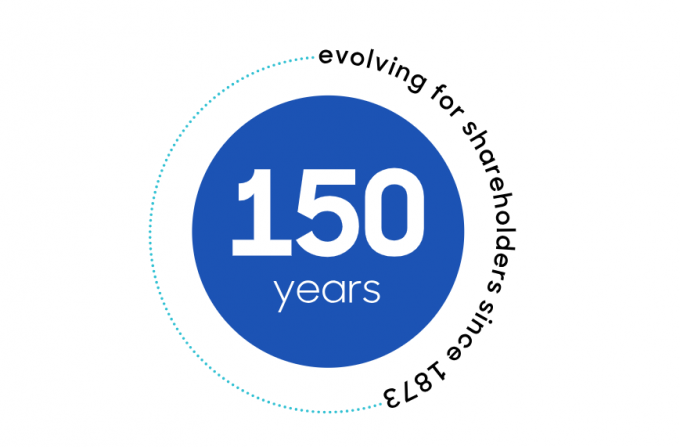Over the 12 months ended 31 January 2024, Dunedin Income Growth generated an NAV return of 6.7%, well ahead of the 1.9% return posted by the All-Share Index and other UK equity income trusts. However, a widening discount (finishing the year at 10.7%) left investors with a return of -1.6%.
The dividend was increased by 5% to 13.75p, ahead of the rate of inflation as measured by CPI. However, this was not quite covered by earnings which were 13.54p (up 4% on the prior year). Revenue reserves are still 9.0p per share.
The chairman said “Whilst performance of the portfolio, which is highly active and differentiated from our benchmark, should be considered over longer time periods, this year’s performance represents a welcome return to outperformance after two years in which the Investment Manager’s strategic focus on high quality companies with an emphasis on dividend growth and sustainability had proven something of a challenge in a market that had favoured more value orientated investment styles and seen strong returns from commodity related sectors.”
To address the discount, 2.1m shares were bought back at an average price of £2.69.
Extract from the manager’s report
Encouragingly, fundamental analysis and stock picking contributed positively, with the market rewarding companies that demonstrated attractive growth and improving fundamentals. In the healthcare sector, Novo-Nordisk announced a series of trial data indicating that the anti-obesity drug Wegovy not only leads to weight loss in patients but also reduces the risk of cardiovascular events. The drug targets a significant unmet need, obesity, with attractive long-term supply/demand dynamics and the shares responded very favourably. The accounting software firm Sage exceeded expectations with accelerating revenue growth, driven by its US cloud accounting software product, Sage Intacct. Upon purchasing shares in late 2022, we anticipated that the company was at a growth and margin inflection point, which has subsequently materialised. Sage’s transition to subscription contracts and product innovation form a strong foundation for sustained growth in the medium term. Relx is performing better than anticipated due to its investment in data analytics and decision-making tools, which enable customers to extract more value from its platform. With the valuation at a discount to US peers, mainly due to its UK listing, we continue to believe it is a compelling opportunity.
As addressed in last year’s Annual Report, UK domestic and mid-sized companies’ underperformance in 2022 resulted in heavily discounted valuations, but we anticipated that long-term alpha generation from UK mid-sized companies would return. This trend of underperformance continued through to October 2023 due to concerns about sticky inflation, recession risk and market liquidity headwinds, before sharply reversing in the last quarter of the financial year. The holding in Intermediate Capital rebounded strongly, while UK construction company Morgan Sindall and large housebuilder Taylor Wimpey saw share price recovery as fears of a deep UK recession and house price deflation moderated. Taylor Wimpey’s unique dividend policy, based on net asset value rather than earnings, ensured a visible and healthy shareholder distribution.
Turning to the detractors to performance. The holding in the Asian insurer Prudential underperformed on concerns about the pace of recovery in China. We view this as a temporary setback and believe that Prudential’s long-term structural growth potential, offered by its market exposures, is not reflected in its discounted valuation. The specialist UK lender Close Brothers faced news that the UK financial regulator, the FCA, has opened an enquiry into legacy motor finance commission structures in the industry and whether customers are owed financial redress. The quantum and timing of the amount to be paid to customers is uncertain and patience will be required, with a regulatory announcement anticipated in September this year. Meanwhile the company cut its dividend in order to conserve capital which was a disappointing development.
DIG : Better year for Dunedin Income Growth as it beats rivals
